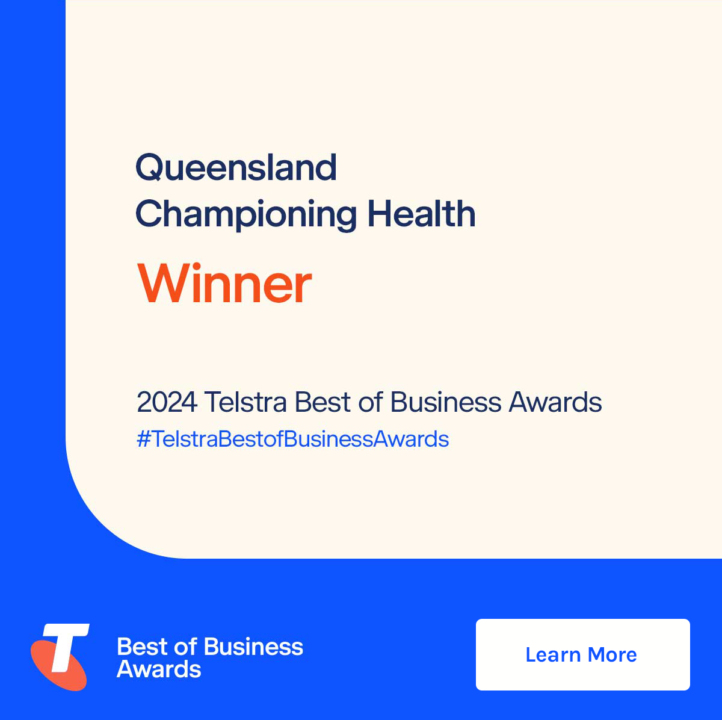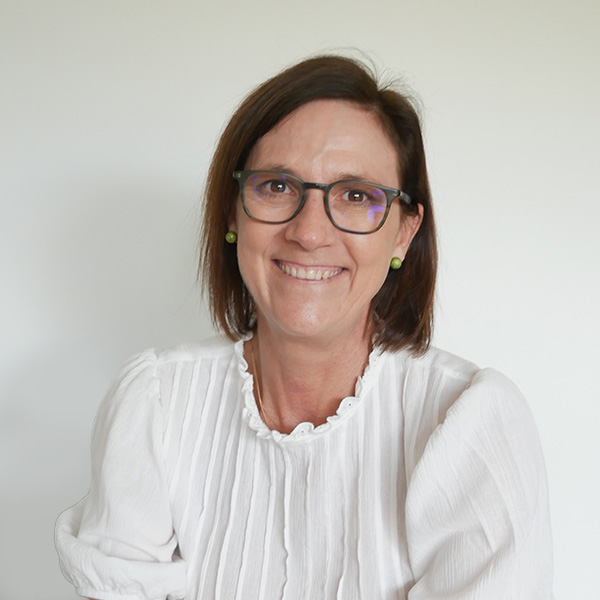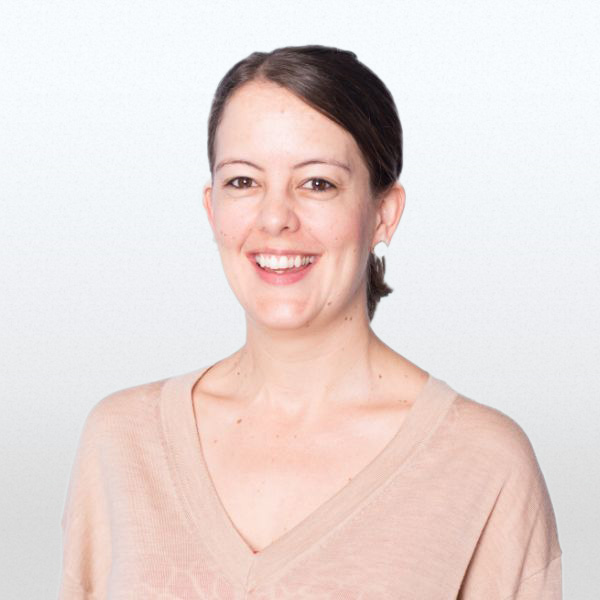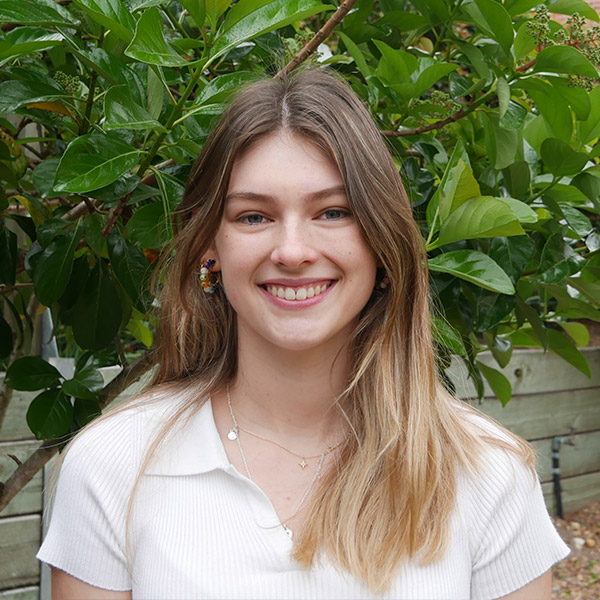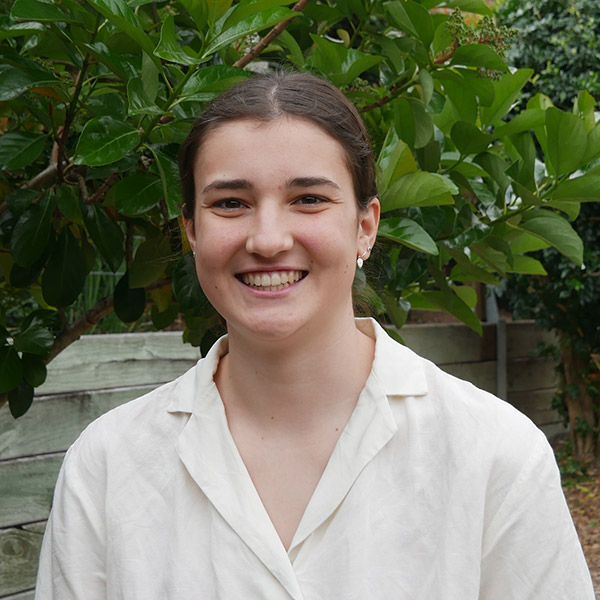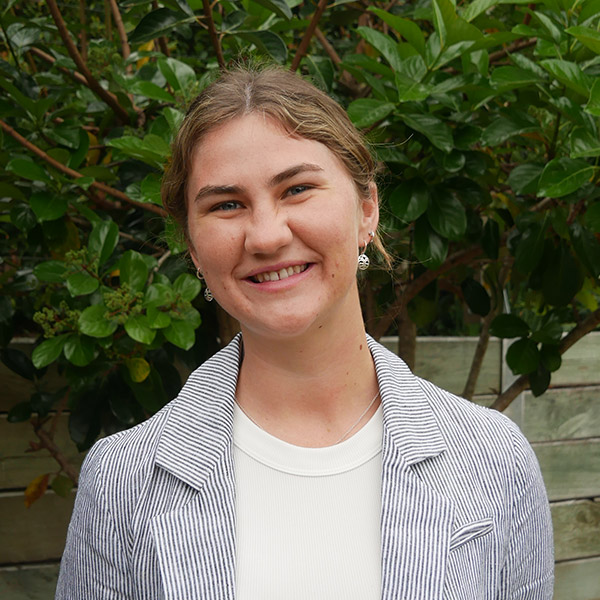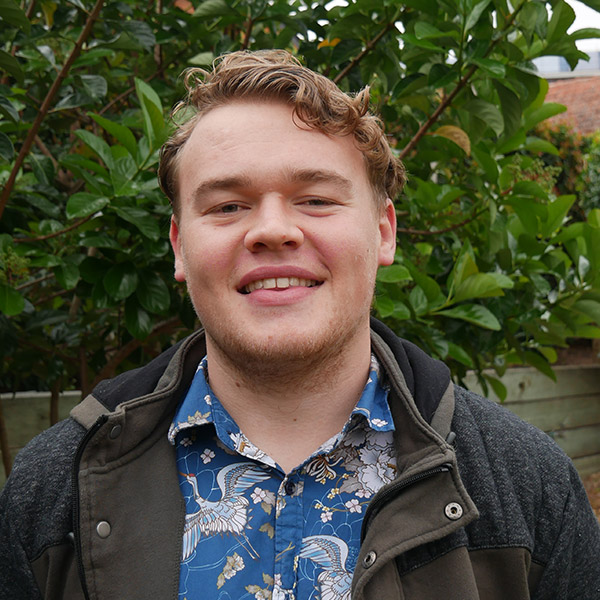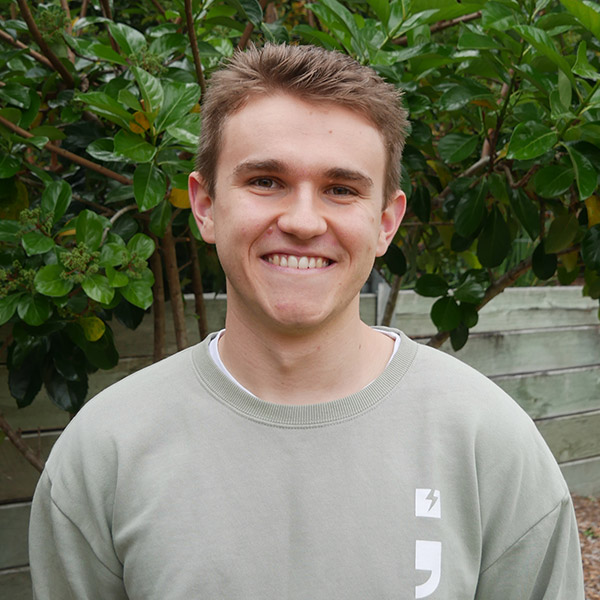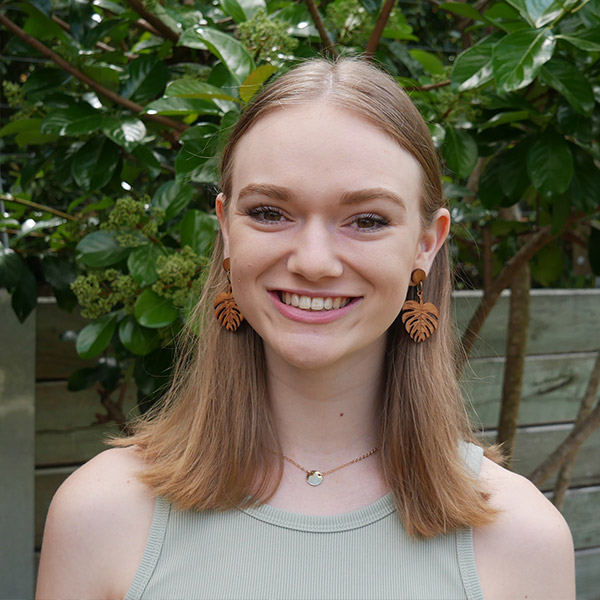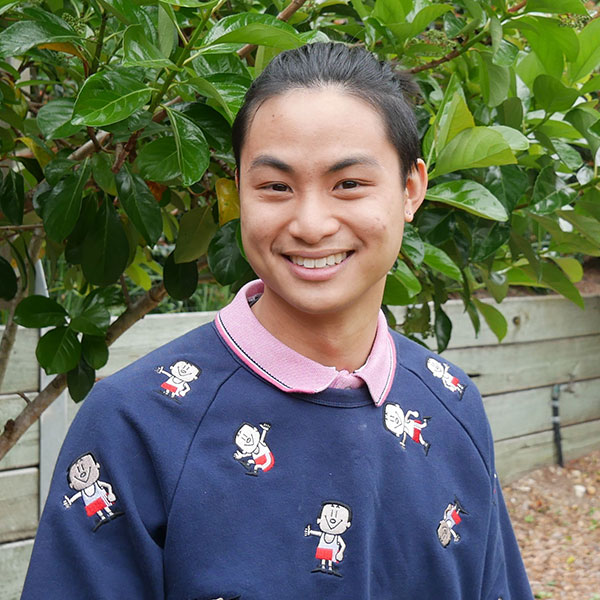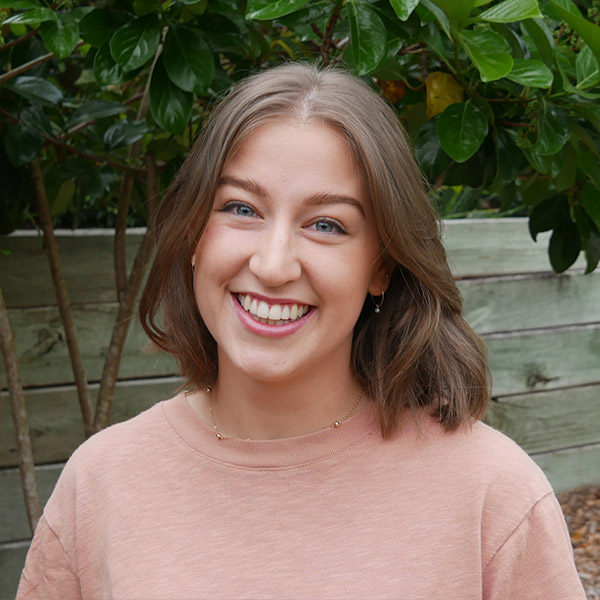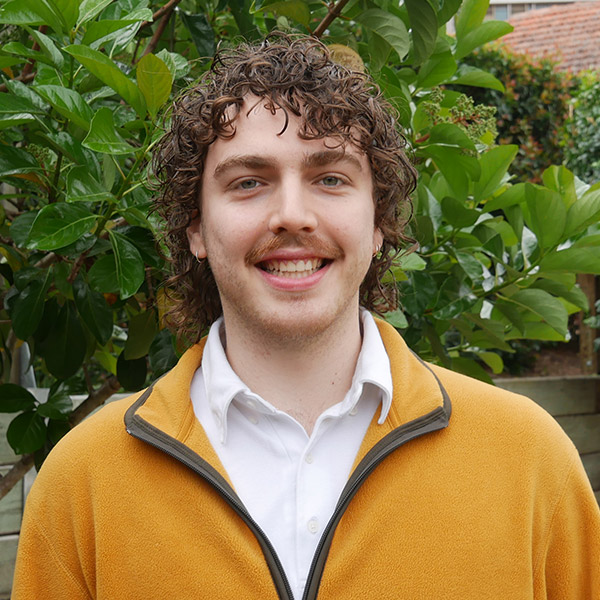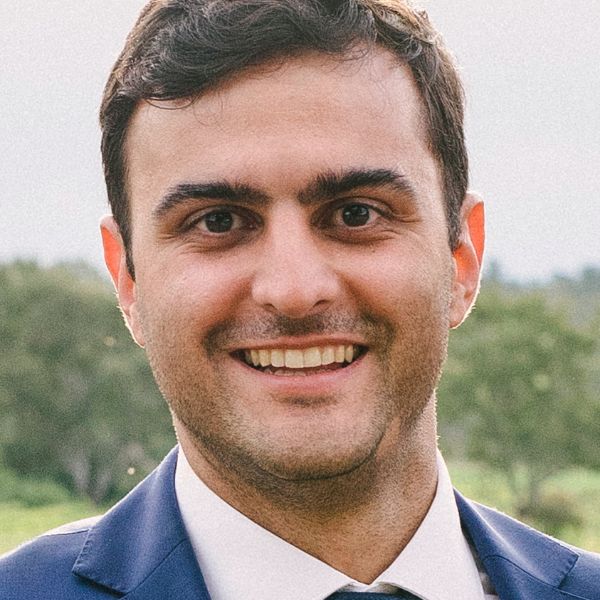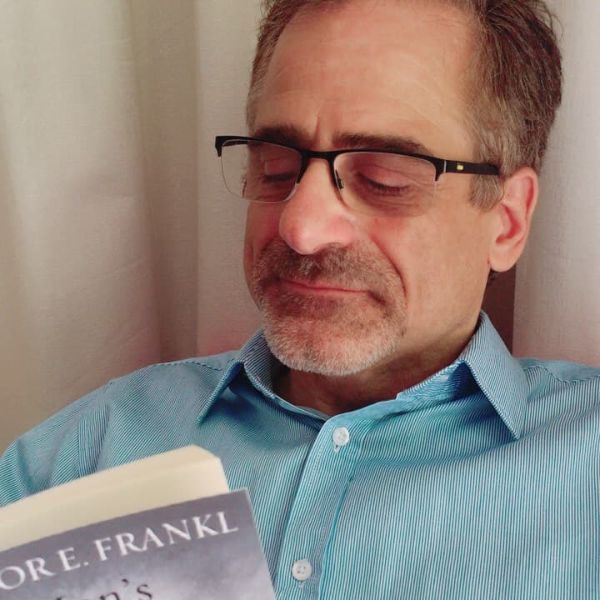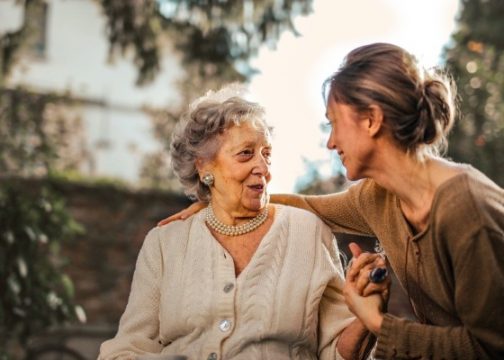
Community capability in mental health and wellbeing is about all of us knowing when and how best to lean in and help when someone in our community needs support.
The rise of mental health issues in Australia is placing an immense strain on our communities. From workplaces to schools, the burden of mental ill-health is felt across all settings.
Unfortunately, there are three big flaws in how Australia is collectively tackling this mental health crisis:
(1) There’s too much focus on treating people once there’s a problem, not helping Australians stay mentally well. People only access support once issues have intensified into a diagnosable clinical condition. This not only affects the individual and those around them, it also creates additional pressure on our already-burdened health system.
(2) Despite growing signs of widespread community issues, there’s a default focus on isolated individual interventions. This doesn’t tap into the power of groups, belonging and psychosocial safety in shaping our day-to-day experiences and capacity to heal (the numbers also don’t stack up when you look at supply and demand dynamics across the health sector.)
(3) When people are concerned about someone, they don’t know what to do or where to turn for help — often becoming distressed or overwhelmed as a result.
In short, the current approach is too late, and too fragmented making it too hard for those who want to help.
At ConnectedLE, we’re doing our part to change that — and achieve our vision of more people and communities thriving.
What’s unique about our approach
At a really simple level, ConnectedLE provides short, compelling video-based online courses for people in frontline roles in critical service sectors (i.e. education, healthcare, aged care and social assistance). We deliver them via our custom- built platform that gives online access to video-based educational stories, tools, and mental health and wellbeing resources.
But the true power of our approach lies in the unique way we’re leveraging community, connection, and co-creation — which also happen to be our three core values. Each of our micro-credential courses was developed by:
- Focusing in on a group of at-risk Australians who we know are increasingly showing signs of psychological distress or would benefit from greater mental fitness
- Identifying who around them is best placed to notice and assist (based on their existing role in that community/setting)
- Building relevant stories of real people (with lived experience of mental health challenges) and evidence-based guidance from leading experts to provide setting-specific and highly practical insights, tools, and resources.
As well as covering the early warning signs of anxiety, depression and suicidal distress, the courses also explore universal themes of psychosocial safety, mental fitness, and thriving.
The unique ConnectedLE model is grounded in social cognitive neuroscience and behavioural economics. It leverages extensive research about the way our social brains are wired and the power of groups, context, roles and relationships in shaping how we: respond to life; learn new things; embrace change; and approach both challenges and opportunities.
By working with those in existing, defined frontline roles, we’re amplifying the power of prevention and creating a ripple effect that will help communities thrive. The heart of this is our ABC framework: fostering greater Awareness (A), empowering people to be Brave (B) and have conversations or take action; and helping Connect (C) people with information, support and services.
We’ve also leveraged the insights of behavioural science and people with lived experience in the design of our platform and the user experience.
What makes ConnectedLE unique is that we’re tackling training in a different way:
- We are focusing on building wellbeing and mental fitness (not responding to illness)
- We’re anchoring around stories about people (not dry theory)
- Our courses are tailored for specific settings, contexts, and roles (not generic)
We’re hearing from people that they are feeling more engaged, more confident, and more proactive, both for themselves and to help others.
We are hearing examples from people who have done the training and then feel confident to take steps immediately to support others, which is making a real difference for communities.
Ultimately, our hope is to empower all our people in our community to be:
A – aware of issues early on,
B – brave enough to be able to have conversations,
C – connect both with the people, with what’s available in the community, and with clinical need where it’s appropriate.
Dr Kylie Armstrong and Ms Nicole Evans
ConnectedLE Co-Founders
Enquiries: hello@connectedle.com
0416 032307
If you’re worried about people in your life, or if you feel like mental ill-health is impacting you, reach out to trusted person, support lines and services.
LIFELINE 13 11 14
KIDS HELPLINE 1800 55 1800
13 YARN 13 92 76

